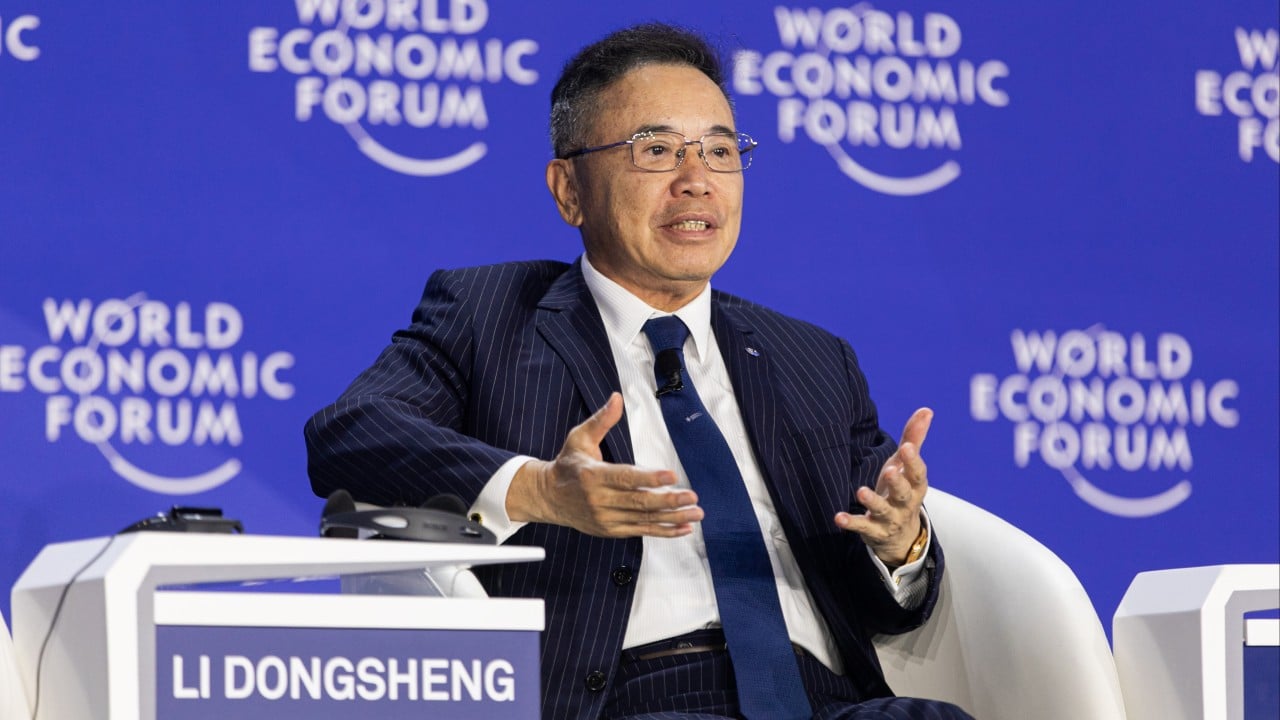Chinese companies should relocate their entire manufacturing ecosystems – rather than just completing the assembly of goods in another country – to solidify their overseas expansions, industry insiders said during the Annual Meeting of the New Champions in Tianjin.
Advertisement
With uncertainty over global trade on the rise in the second term of US President Donald Trump, Chinese companies will look to strengthen the resilience of their supply chain by building factories in new markets, either for export or local sale, said Ben Simpfendorfer, partner and chief Asia-Pacific macro strategist at consulting firm Oliver Wyman.
“We’re moving to a world where tariffs are generally higher. Trade tensions will worsen – not just between China and the US, but potentially between other countries as well,” said Simpfendorfer on Tuesday during the World Economic Forum event, also known as “Summer Davos”.
“In order to avoid tariffs entirely … we actually might see a larger part of the Chinese ecosystem move abroad.”
China’s manufacturers began relocating their supply chains overseas during Trump’s first term. To mitigate the fallout from his tariff increases, they started building plants in Southeast Asia and gradually expanded their footprints to countries like Mexico and Morocco.
Advertisement
But Washington does not want these countries to become reliable bypass routes for Chinese products. Under Trump’s initial “Liberation Day” tariff package, unveiled on April 2, some countries in the Association of Southeast Asian Nations (Asean) would have been subject to higher duties than China.
They avoided this fate after the US paused those higher rates for 90 days to placate global markets, instead applying a “baseline” 10 per cent increase to nearly all its trading partners.

